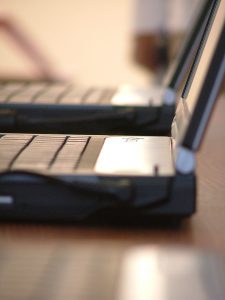TU Delft creates interactive game for schoolchildren about waste.
Green Island is an online 3D game for pupils in preparatory secondary vocational education (VMBO), commissioned by TU Delft. The game takes place on an island that has been cut off from the outside world by a collapsed bridge. A group of schoolchildren roaming around the island has to try to survive for as long as possible.
This is only possible if they manage to collaborate. The pupils can collect points on the island by using waste to build sustainable structures, instead of letting it lie around. They learn in a light-hearted way how energy consumption and waste cause environmental pollution and what the alternatives are.

Teaching materials about waste and energy
Green Island is meant to teach schoolchildren more about energy consumption and waste, and the possibilities of creating sustainable energy. The game will be accompanied by teaching materials on the themes of energy and waste. The lesson on energy focuses on the differences between fossil fuels and biofuels. The lesson on waste delves into the possibilities of recycling and the creation of a society based on ‘cradle-to-cradle’ principles, in which nothing goes to waste.
While playing the game, the schoolchildren put the lessons into practice, as the island contains various raw materials which can be used to provide warmth and sufficient food. If someone eats too little or loses too much body heat, he or she will slowly die. Waste, caused by all sorts of disposable products, forms another threat to life on the island.
Growing beets
The participants constantly have to search for food and fuel to heat a stove or to make a fire. This can be done by quickly eating a bag of crisps or by filling a generator with a jerry can of diesel. But it can also be done in a more sustainable way by growing beets, making beet soup out of them and then putting the waste into a bio-digester, which is used to make biofuel. This last task is much more difficult and requires collaboration between all the pupils in the group. It also earns many more points.
Formation
Knowledge institution Deltares is responsible for the technical aspects of the game, commissioned by TU Delft. The game was financed through a contribution by the CSG Centre for Society and the Life Sciences and supported by the Kluyver Centre for Genomics and Industrial Fermentation and BE-Basic. The teaching materials and the instructions for the game were made by Tertium.
Started
2011

